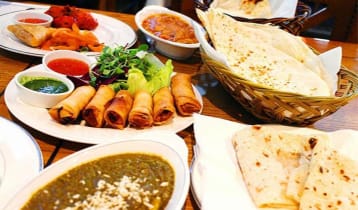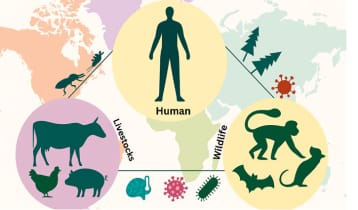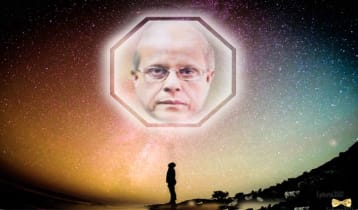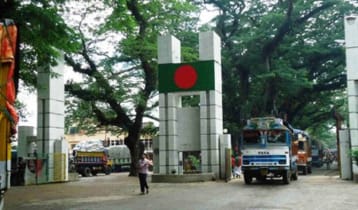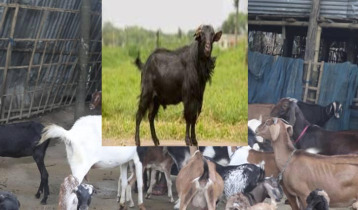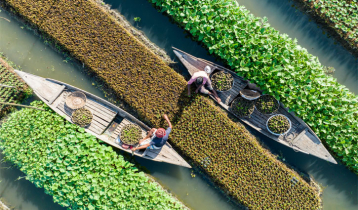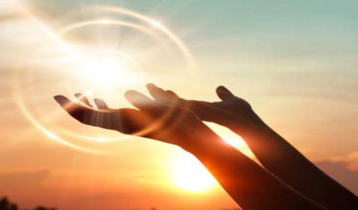Georgian shutterbug Maia Tochilashvili`s world of photography & ideas
Swarolipi/Nasim || risingbd.com
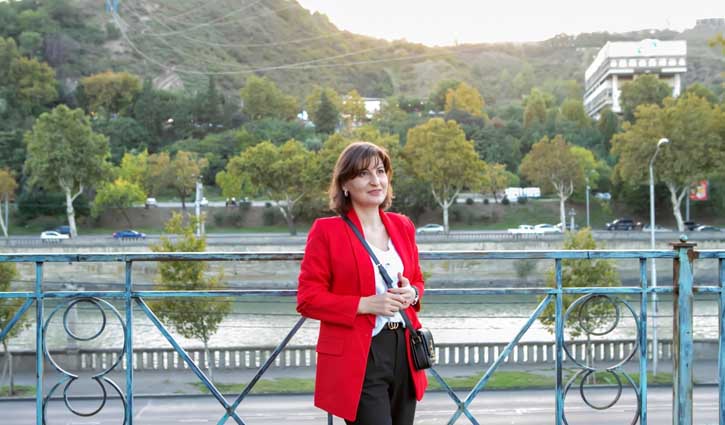
Georgian photographer Maia Tochilashvili loves to capture the country's nature, beauty, and potential to advance Georgia's tourism industry. Today we will try to know regarding the photo journey of the photographer and her country.
Risingbd: Why did you choose photography as a profession?
Maia Tochilashvili: I am a chemist by profession, but photography chose me. It all happened so naturally. I had a completely different goal in my life, yet somehow, I found myself in photography. I have always loved capturing beauty through my lens and sharing my photos on social media. The appreciation I received for my work led me to take top places in competitions and festivals. Today, I can't imagine my life without photography.
Risingbd: What kind of pictures do you like to take and why?
Maia Tochilashvili: For me, photography is a different world—where I can capture a moment and preserve it for future generations, perhaps even for centuries. I enjoy creating images that leave a strong impression on the viewer. I love traveling, as it allows me to take photos and share the world through my eyes—whether it’s landscapes, portraits, or documentary work.
I love capturing people and showcasing their best features. Photography, to me, is about capturing beauty in its many forms. I also enjoy taking advertising photos, where I can arrange scenes to bring my vision to life.
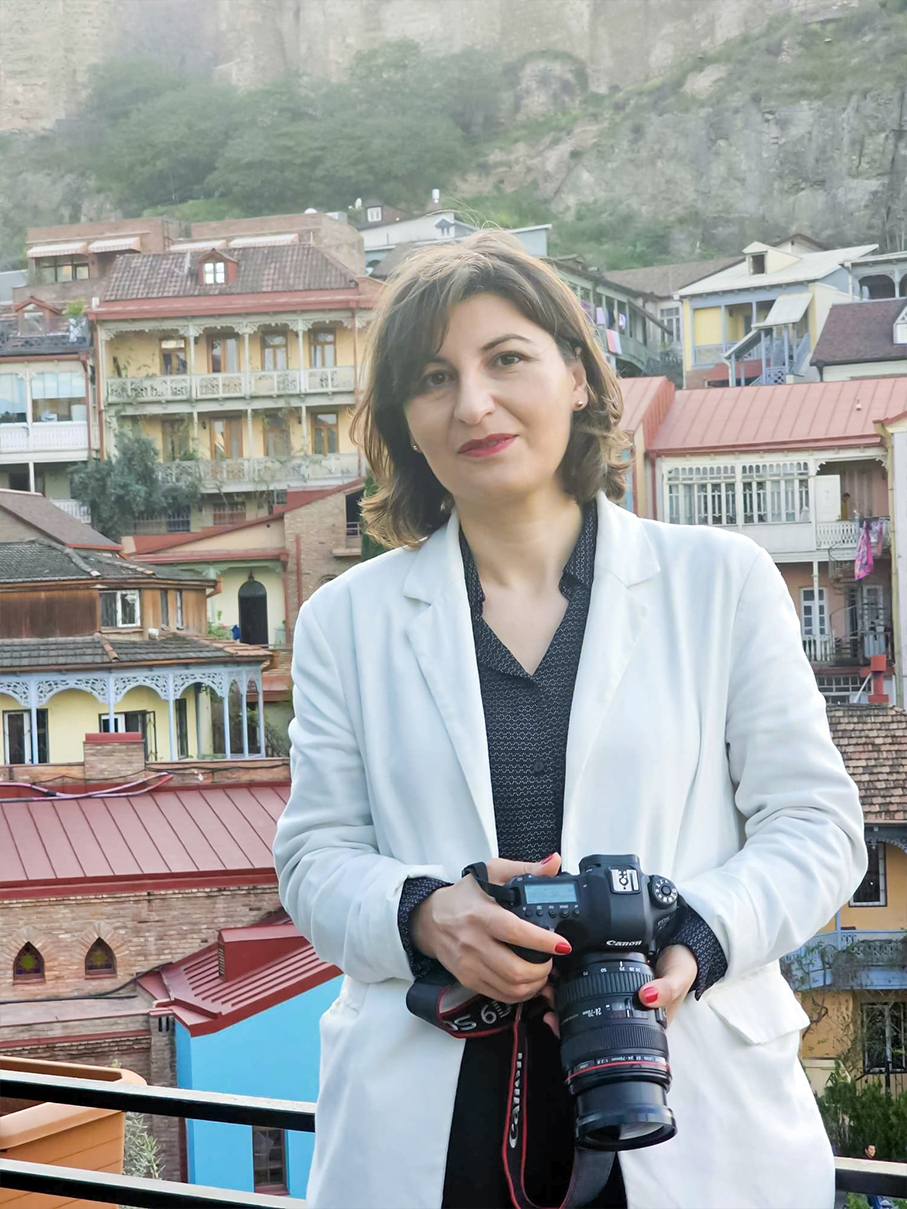
Risingbd: Tell us about your growing up story.
Maia Tochilashvili: I have been working in photography since 2012, and as mentioned earlier, I actively participate in both local and international competitions. Recently, I’ve been securing leading positions in several prestigious international events. Some of my recent achievements include: Kolga Tbilisi Photo 2023 - Winner in the Mobile Photo category, Royal Society of Biology 2023 – Shortlisted in the "Nature and Climate", LensCulture Best Photography Award 2023– Editor’s Pick, LensCulture Art Photography Award 2022 – Editor’s Pick, Welcome to Georgia. National Tourism Award 2022– Best Photographer (Finalist), NATO in Georgia 2021– “Resilient Georgia/ns” (Finalist), and many more.
During the pandemic, I worked on a project in which I photographed bronze statues and ecclesiastical artifacts located across Georgia. Upon completion, a photo catalog titled "Georgia Seen in Bronze" was published.
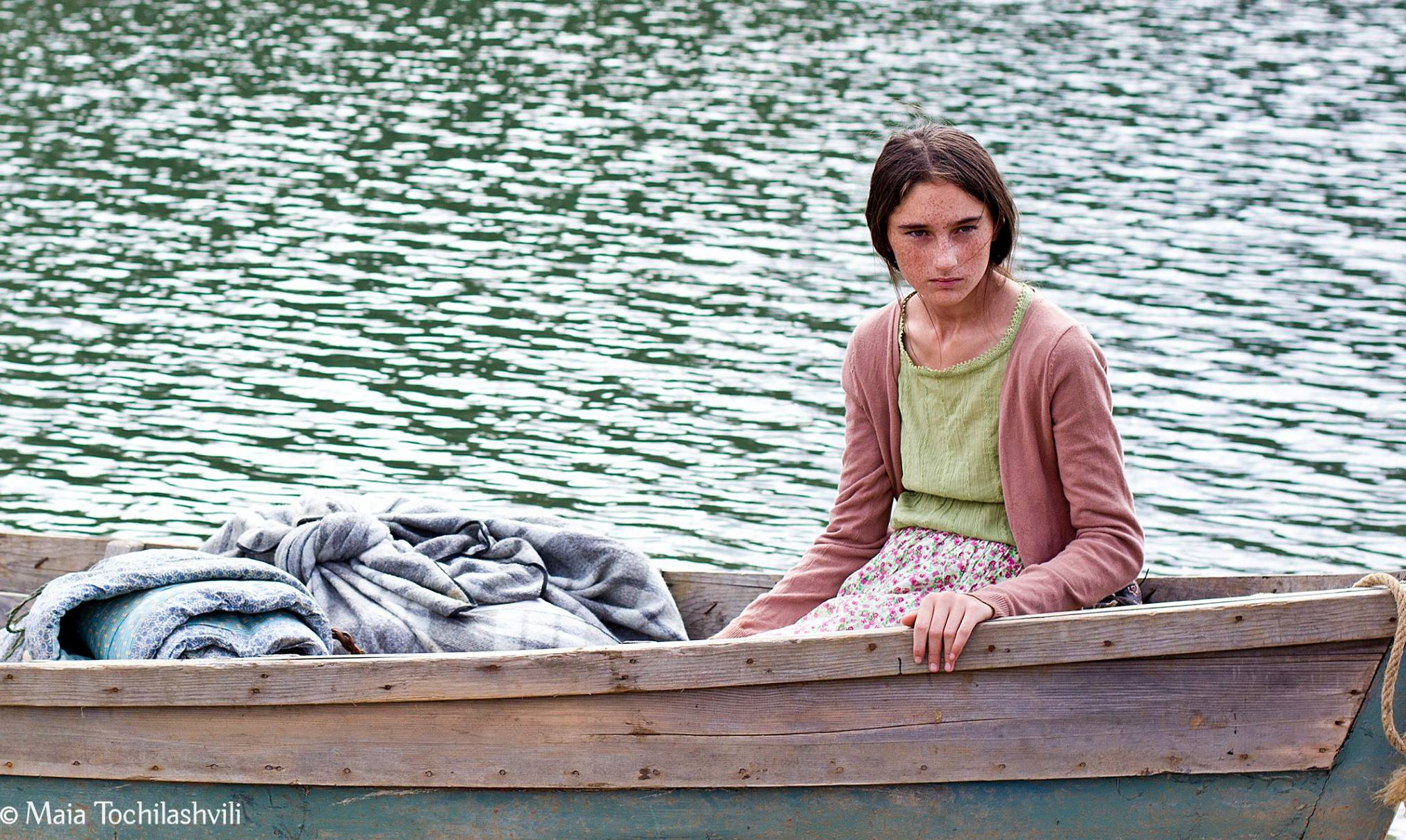
As the years pass, the demand for professional photography services continues to grow. Throughout different stages of my career, I have specialized in various areas, including advertising photography, wedding photos, personal and portrait sessions, children’s photo shoots, reportage, interior and exterior photography, and more. I work with both local and international companies to provide high-quality visual content. For relaxation, I try to travel as much as possible. During these trips, I enjoy capturing landscapes and travel-related photos. When I feel drained in one genre, I naturally choose a new direction.
This change is not only a new challenge, but it also adds fresh energy to my creative process and brings more diversity to my work. In this way, my creativity is always rooted in new perspectives and ideas.
Risingbd: Tell us about your daily routine, please.
Maia Tochilashvili: My day always begins with prayer. After breakfast, I start preparing for the activities that lie ahead. If I have a photo session day, I start preparing for it. Once the shoot is over, I begin the photo editing process, which requires a lot of time and attention, and may take several days or even weeks. I spend my free time with my family. Sometimes I spend time with friends, attend a concert, or enjoy movies. At the weekend I go to church.
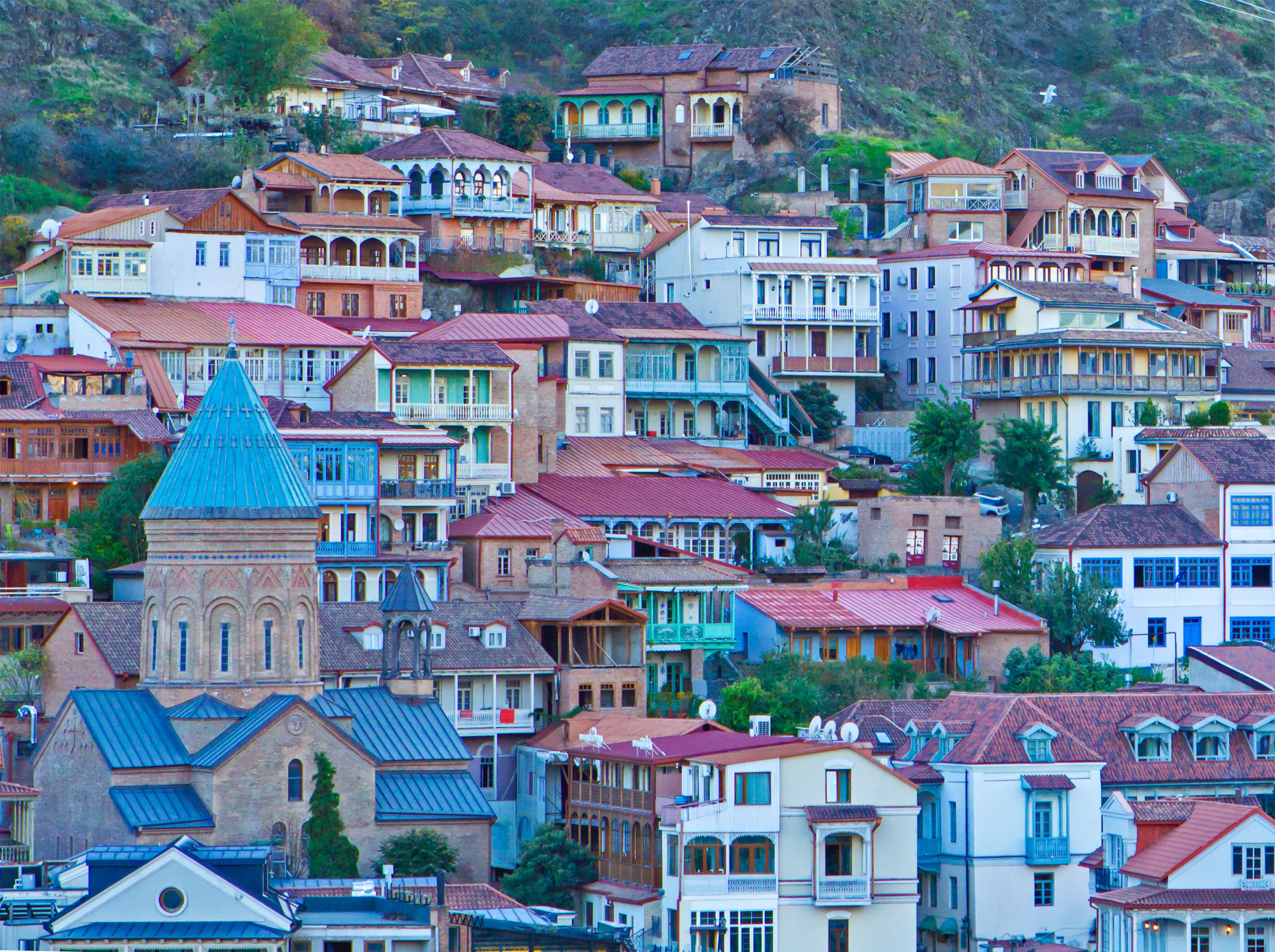
Risingbd: How is the life of women in Georgia?
Maia Tochilashvili: For centuries, Georgian women primarily took responsibility for the family. Their role included raising children and maintaining the economic well-being of the household. Despite their traditional role, Georgian women often held significant positions in public life, participated in cultural and religious events, and left a lasting mark on the country’s history.
Georgian women were appointed to the highest levels of the state hierarchy. For example, we can name Queen Tamar, the Georgian queen in the late 12th and early 13th centuries, as well as Queen Rusudan, who ruled Georgia in the first half of the 13th century. Among these notable Georgian queens, Queen Tamar is considered the most powerful and influential monarch in Georgian history. Her reign is known in Georgian history as the ‘Golden Era.’ During this period, Georgia reached a remarkable peak, which was reflected in cultural, political, and economic progress. In addition to Queens Tamar and Rusudan, a special place in Georgian history is also held by Queen Ketevan of Kakheti, who lived in the 17th century. She became known to both the Muslim and Christian worlds for her martyrdom in defense of the Christian faith.
"A special place in Georgian history is also held by Saint Nino of Cappadocia, who preached Christianity in the first half of the 4th century, laying the foundation for the adoption of Christianity as the state religion in Georgia in 336. In general, before Saint Nino's preaching in Georgia, Christianity was spread by Christ's apostles in the 1st century, including Saint Andrew the FirstCalled, Saint Simon the Zealot, and Saint Matthias the Apostle."
The modern Georgian woman, like women around the world, faces many challenges. However, despite this, many Georgian women successfully hold high positions in various fields: business, education, healthcare, culture, and science.
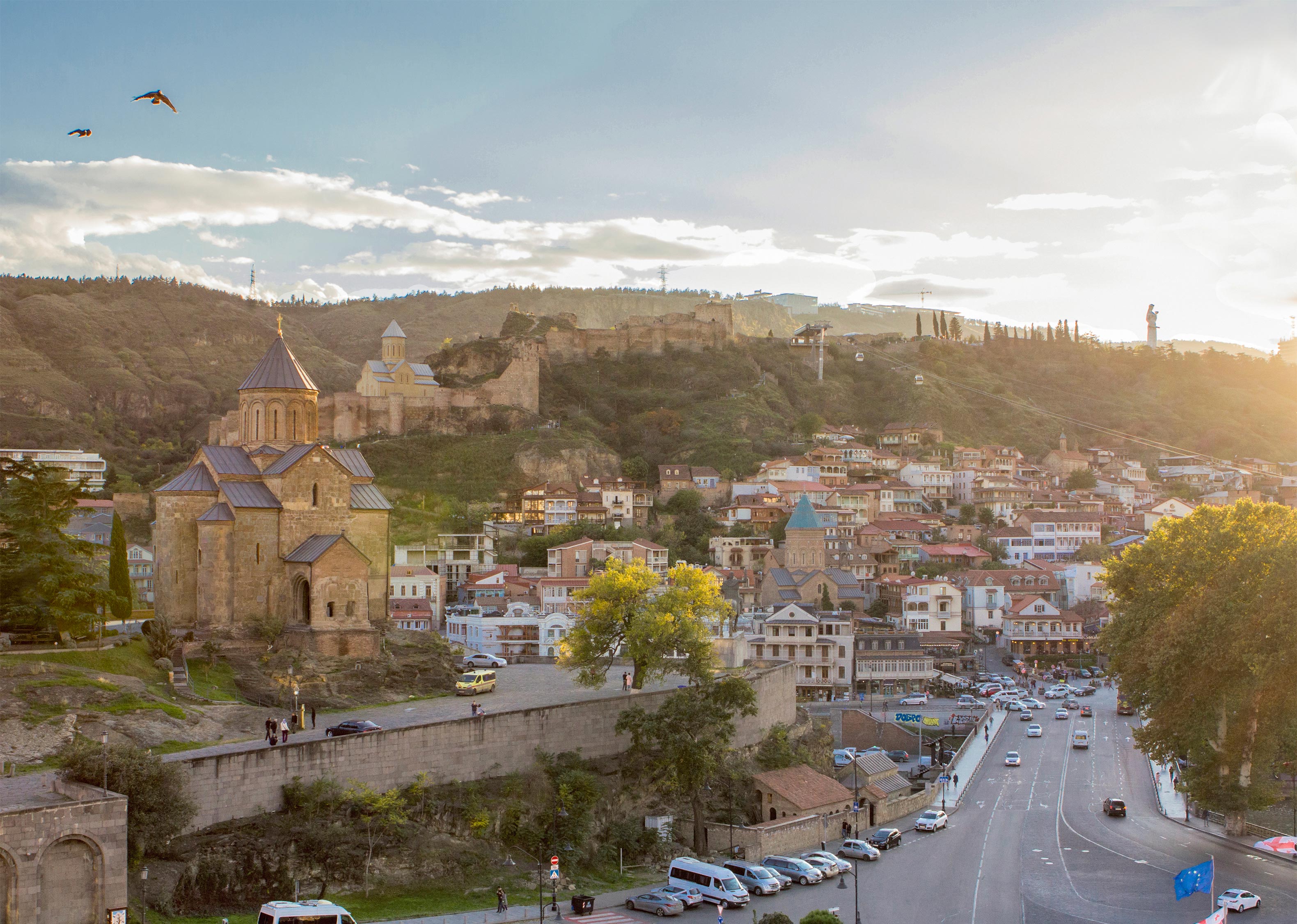
Risingbd: As far we know Georgia is a transcontinental country in Eastern Europe and West Asia. However, people of the country prefer themselves as European not Asian. What is the reason behind that mindset?
Maia Tochilashvili: There are several reasons why Georgian people consider themselves to be Europeans. Georgia is located in the Caucasus region, at the geographical crossroads of Asia and Europe. A few years ago, during archaeological excavations in Dmanisi, the remains of ancient humans were discovered, dating back 1.8 million years. These are among the earliest human remains, not only in Georgia but also across the entire European continent.
“The physical appearance of a Georgian person, including features such as fair skin, facial structure, eye color, and others, is characteristic of people living in moderate latitudes. Studies of paleoanthropological materials found in Georgia show that Georgians are undoubtedly South Europids. As we know, racial differences among humans are caused by long-term habitation in specific climatic conditions. The main races are: white (or Europid), black (or equatorial-Negroid), and yellow (or Mongoloid).”
It is also worth noting the Georgian language and script, which belong to the Iberian-Caucasian language group and have no genetic connection to any of the other language families existing in the world today.
Georgia holds a unique strategic position from a geopolitical perspective on the Eurasian continent. From ancient times, Georgia has had close relations with both Asian and European cultures, which is particularly evident in its historical and cultural aspects. This is exemplified by the history of the “Silk Road”. The territory of Georgia has long been part of trade routes that connected Southeast and Central Asia with European countries. Georgia has always been a bridge between Europe and Asia, which had a significant impact on the country's cultural and economic development.
The Georgian society, especially at the end of the 20th century and in the 21st century, has made significant strides in terms of democratic values, human rights protection, and integration with Europe, linking the country’s future more closely with European values. Of course, Georgia's accession to the great European family is perceived through the lens of its own unique and traditional cultural thought system, which is characteristic of Georgian culture.
Dhaka/Swarolipi/Nasim

